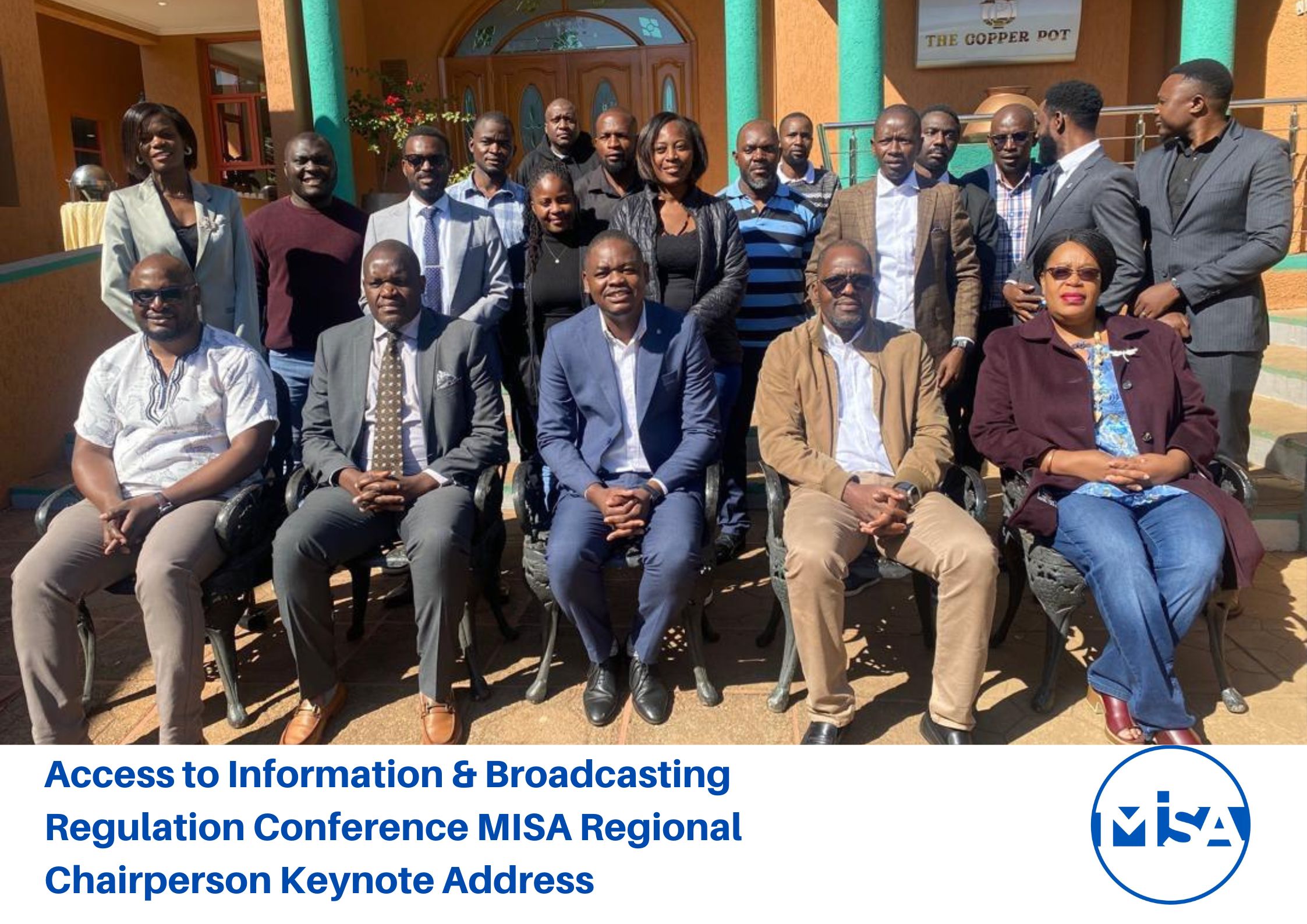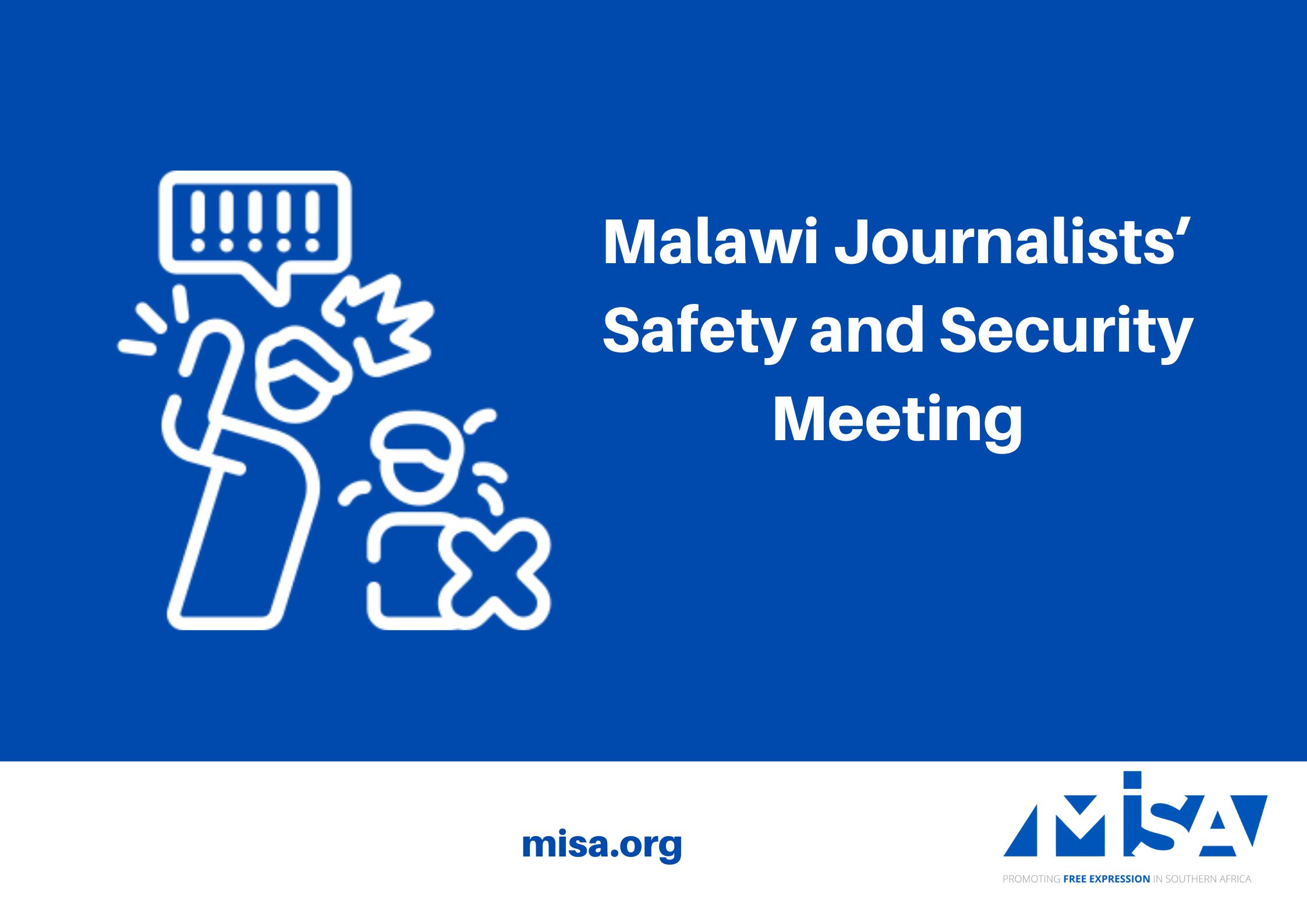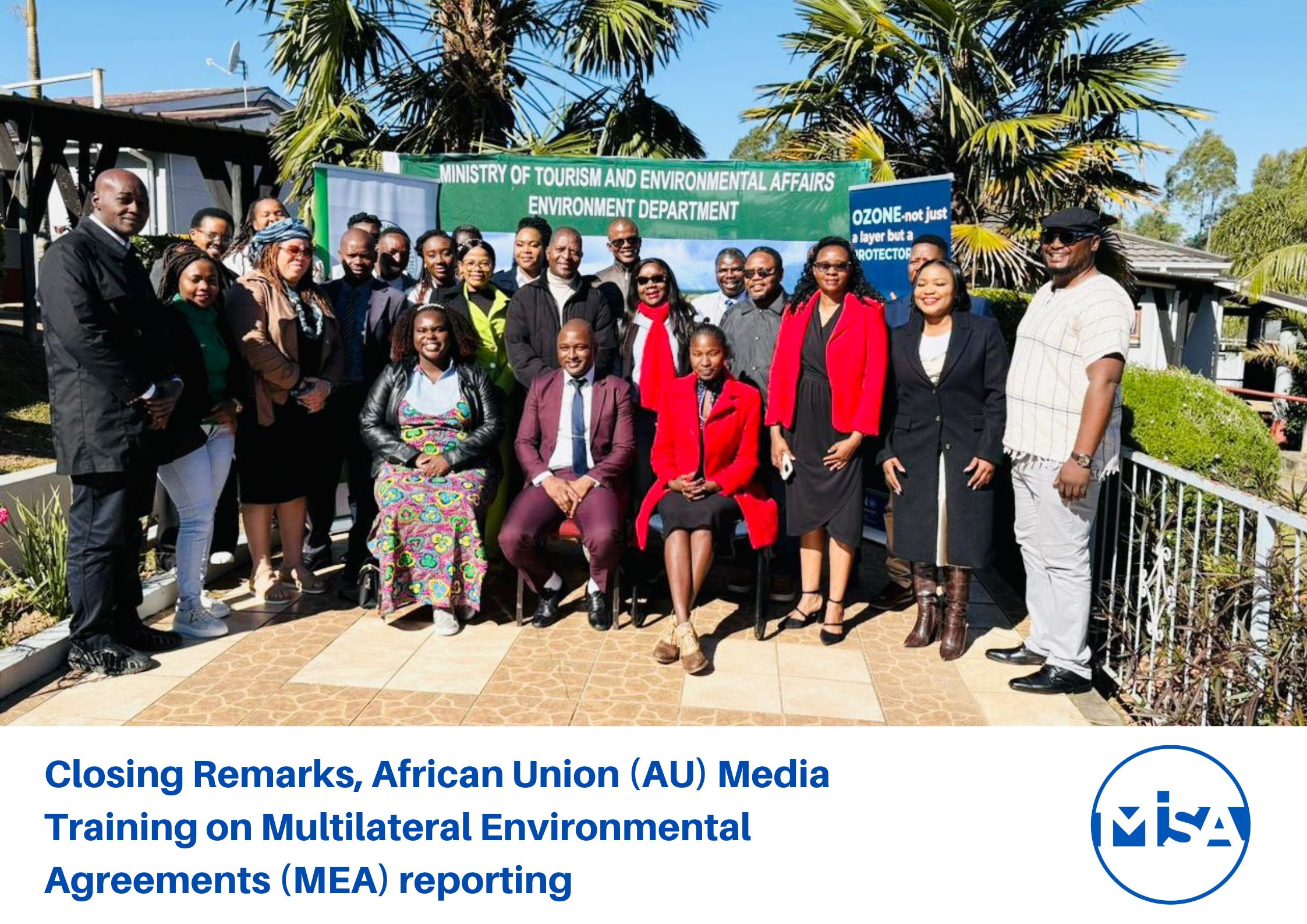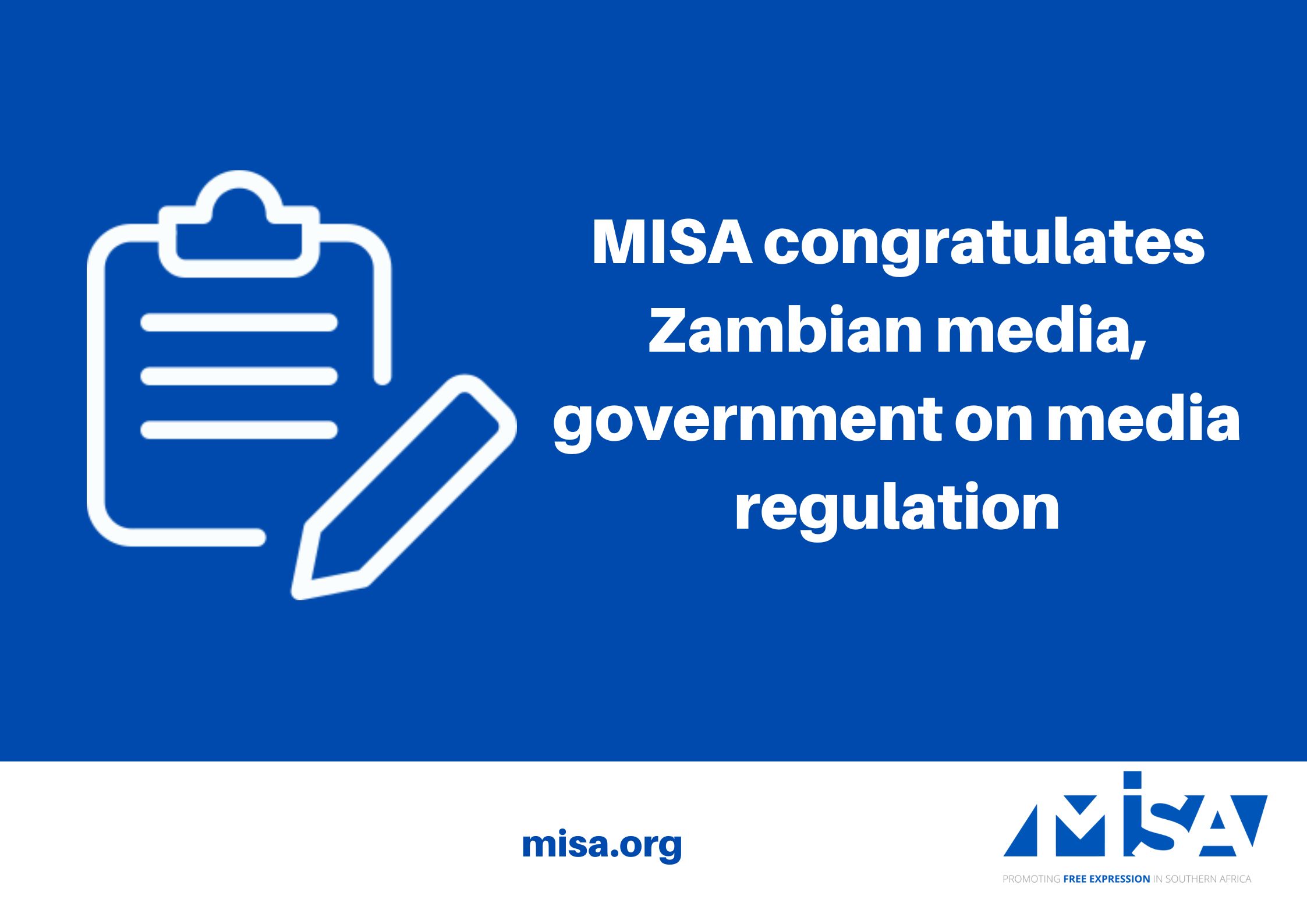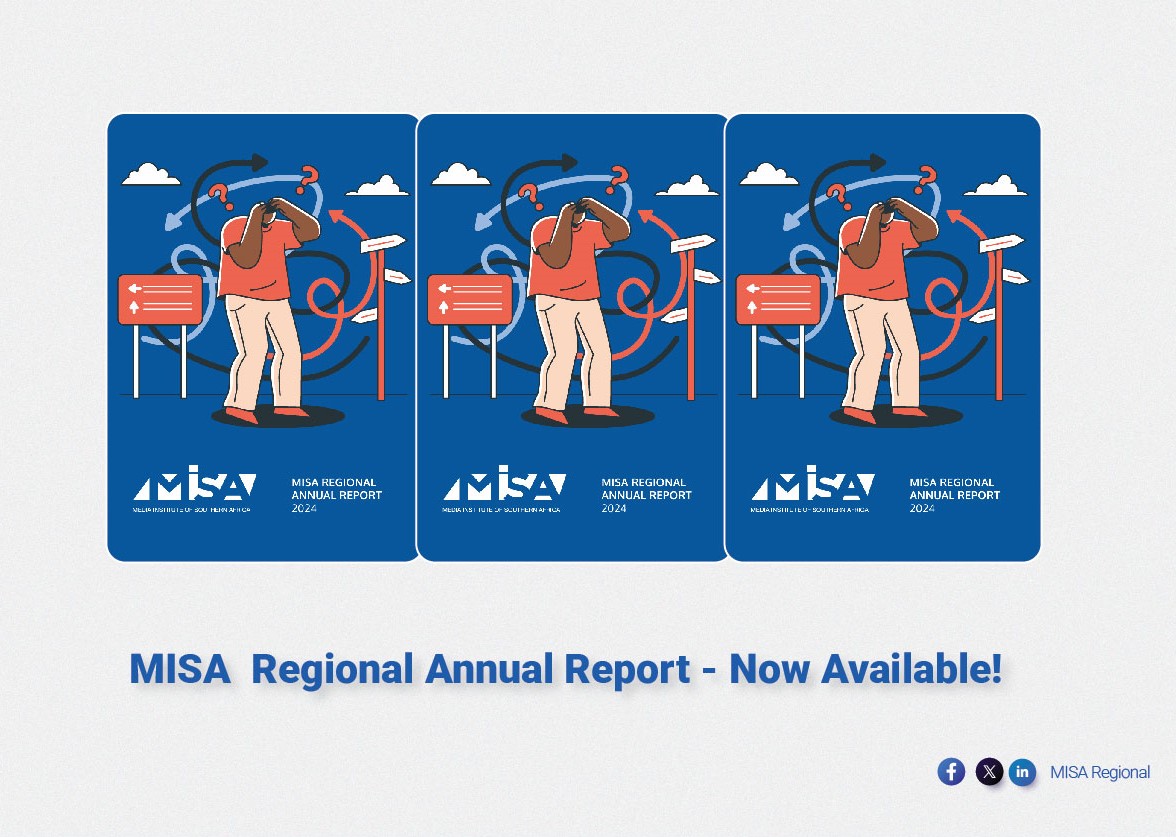MISA-Zimbabwe takes note of the gazetting and regularisation of the subscriber registration process by the Ministry of Transport, Communications and Infrastructure Development in terms of the Postal and Telecommunications Act.
The regulation was effected through Statutory Instrument 142 of 2013, Postal and Telecommunications (Subscriber Registration) Regulations 2013, gazetted on 27 September 2013.
Aspects that stick out, among others, pertain to provisions for subscriber information to be released to law enforcement agencies upon request to the Postal and Telecommunications Regulatory Authority of Zimbabwe (POTRAZ). In terms of Section 9 of the regulations, this information can be released upon a written request by a law enforcement agent who is not below the rank of an Assistant Commissioner of Police or a co-ordinate rank in any other law enforcement agency. MISA-Zimbabwe further notes that these regulations come on the backdrop of almost similar, but very specific provisions that deal with interception of communication as provided for in terms of the Interception of Communications Act (ICA) [Chapter 11:20].
ICA provides for the lawful interception and monitoring of certain communications in the course of transmission through a telecommunication, postal or any other related service or system in Zimbabwe. While this could be in keeping with other international jurisdictional trends to fight, detect and curb ICT-generated crimes, the regulations and requirements therein, should not be as broad and vague as obtains in the Zimbabwean scenario. They should be narrowly defined to avert infringement of fundamental human rights.
For instance, while section 8 (10) of the regulations outlines the circumstance upon which “subscriber information” can be released, there are no clearly defined safeguards against wanton encroachment into citizens’ private conversations. Under ICA interception is for an initial three- month period which can be extended indefinitely under the Act. ICA also has almost similar requirements as those stipulated in terms of Statutory Instrument 142 of 2013.
They include obliging a telecommunications company to obtain one’s full name, residential business and postal addresses as well as their national identity number before entering into a contract for provision of telecommunications services. While this might not be unique to Zimbabwe, it is MISA-Zimbabwe’s well considered view that the regulations in question should be revisited to secure requisite safeguards that protect the exercise of constitutionally guaranteed liberties. These include the right to privacy and freedom of expression as enshrined respectively under Section 57 and 61 of the new constitution.
These essential safeguards, which will forestall arbitrary abuse, disclosure and interception of one’s personal details and communications, should also include judicial oversight before such authorisation is made. In addition, there should be a clear and adequate review mechanism to create the very much needed balance against all competing interests. MISA-Zimbabwe thus reiterates its repeated calls for the re-alignment of all laws that impact on media freedom, access to information and the right to freedom of expression with provisions of the new constitution to foster full enjoyment of the inalienable rights contained therein.




